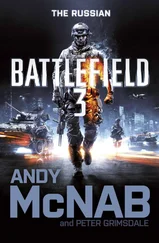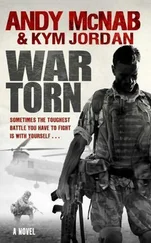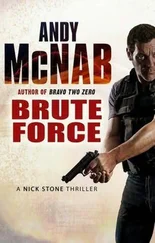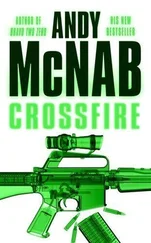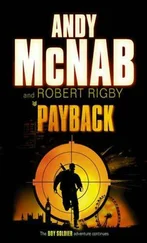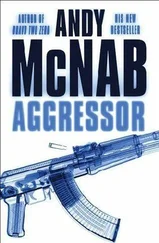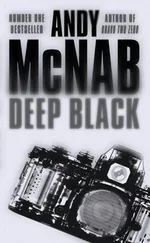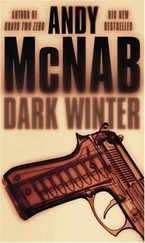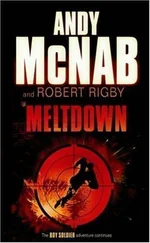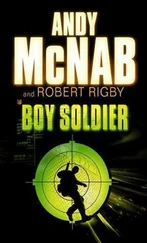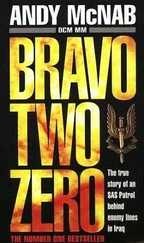It was a fair one. The Brits had been the main colonial power in the region for two hundred years. There was bound to be a lot of resentment. I’d be pissed off too.
‘My father says that you are more cunning than the Americans and you use them as glove puppets. That’s why Bush is on all posters and no British man.’
‘I don’t think we’re that clever, mate.’
‘Maybe, but I believe that our government is determined to have a war with the West and that there is very little that ordinary Iranians can do about it.’
‘Sounds like you’re not much of a fan.’
‘We Iranians lost over six hundred thousand people in eight years of war with Iraq, and millions more were injured. The war was not started by Iran – it was Saddam Hussein. He invaded Khuzestan province. In the name of Allah, in the name of Holy War, the mullahs sent millions of Iranians to the front.
‘I studied history at university, Mr Manley. I know about conflict – trench warfare, poison gas, wave upon wave of young men cut down by machine-gun fire. So I think Iranians should have had enough of it, but the lessons of the past are easily forgotten. I am not afraid of you, Mr Manley, but Qasim and Adel are. They believe what they are told – that Israel and the West want Iran’s destruction. When they see a foreigner, it frightens them. They think foreigners bring trouble for them. You’re not going to bring trouble for us, are you?’ He turned to me.
‘No, mate. I’ve got enough of my own.’
He smiled. ‘That’s good, Mr Manley, because my father was a warrior in the war and I would fight also for my country. I may not be a fan of my government but I would never do anything to hurt Iran.’
‘Call me Jim.’
We pulled off a main drag and manoeuvred our way down a cobbled alleyway, narrowly avoiding the people walking on both sides of us. This wasn’t the London-, New York- or Paris-priced part of town. There was no pavement. Waste water ran in an open channel along the middle of the street. Tall houses with shuttered windows cut out most of the light.
It was coming up to six o’clock. The modern supermarkets and malls I’d seen in the north of the city had been replaced by holes in the wall – dark, dingy shops that seemed to sell everything from car batteries to carpets.
The people we passed were dressed more traditionally than the Iranians I’d seen in the central and northern part of the city. There were lots of turbans and women in chadors . But I wasn’t getting the stares I’d expected. Just like the housing estate I’d lived on as a kid, it didn’t matter what colour you were or where you came from. The one thing that bonded people here was that we were all in the shit.
‘Where are we?’
‘Bazaar Mahfouz. It is part of the Tehran bazaar. It has ten kilometres of covered stores and alleyways. It is, I believe, what you call a maze and where we live is just a tiny part of it. Jim, you have nothing to fear.’
I wasn’t worried. I felt quite at home in any low-rent area.
He smiled and turned into a narrow cul-de-sac. He parked alongside a wall and switched off the engine. ‘From here, we walk.’ He opened the boot and removed a canvas cover for the Paykan. ‘This is the Kurdish-Sunni part of town. Everyone leaves us alone here.’
That made my day. With luck it would keep Majid off my back.
I helped him pull the cover over the roof, then followed him out of the cul-de-sac and into a covered alleyway lined with yet more shops.
As we walked past the concrete blocks, turning left, then right every few metres or so, we passed all kinds of traders. On one street they sold nothing but carpets; on another, books were all the rage, including a lot of English textbooks.
The election posters in the shop windows round here were all of Mousavi, greyer hair and beard than Armoured-dinner-jacket, and with a steady gaze behind wire-framed glasses instead of the president’s squint. Green rubber wristbands in support of him were on sale everywhere.
‘Like I said, this is the Sunni part of town. Our president does not get any support from here.’
‘Who do you think will win?’
Ali just shrugged. ‘Even if my sister’s vote makes the difference and Mr Mousavi wins, it will not matter. The president will be re-elected, of course. No election will change anything. That can only be done by the Supreme Leader. He decides everything.’ He smiled and pointed at one of the posters. ‘Even who can stand for election.’
I started off trying to memorize the route, but soon knew I’d be in trouble if the shit hit the fan. After several more twists in the journey, I was completely lost. Traders at every corner tried to sell me a hundred and one things I didn’t want, from flip-flops to melons.
We ducked into another tiny alleyway and passed a cafe with a handful of tables spread under a patched awning. The lads were all linked up to a hubble-bubble. There was hardly room to pass by and my nostrils filled with applewood smoke.
An old man sweeping shit out from under the chairs caught Ali’s eye and waved. Ali waved back. They gave each other a burst of Farsi.
We walked on. I glanced back over my shoulder. ‘What’s he on about? Me?’
‘No, just chit-chat, but a little bit formal. We have to be formal – respectful – with people older than we are. He is my father’s friend. We used to come here to meet him for a breakfast of fried egg and meatballs in the days before my father became ill.’
Talk of food made me hungry all of a sudden. I hadn’t eaten since about six this morning.
‘When I could eat no more, my father would drive me to Mehrabad airport in the Paykan so we could watch the planes taking off and landing. This, for me, was the perfect day.’
Ali told me that his family had lived in the bazaar ever since his great-grandfather had crossed the border from Iraqi Kurdistan. He’d made a fortune trading sugar. The family had built a large house in the bazaar on the proceeds and Ali was old enough to remember what it had been like when his grandfather had still owned the entire building.
The Shah had tried to break the power of the bazaris by building roads through the district. He’d failed, because the bazaar was too big in every sense of the word. At the time of the Shah, almost half of the country’s retail economy had pumped through its streets and alleyways and over the years the bazaris had branched out into new disciplines, like money-lending and banking.
After the revolution the mullahs had decided the bazaris were getting above themselves so they encouraged the growth of shops, supermarkets and banks in the central and northern part of the city. That way they’d fucked up the bazaris ’ power base and managed to achieve what the Shah had failed to do.
Under Ali’s grandfather, the family business had collapsed. To pay off his debts, the old boy had converted their home into apartments, selling off every floor except the top one, which was where Ali now lived with his father and his sister. Life, clearly, wasn’t easy.
We emerged into a courtyard and Ali pointed to the large, red-brick house opposite. It had an ornate double door for an entrance and big balconies with carved stone pillars rising to the fifth floor. It looked like a Venetian palace. ‘This is where we live, Jim. Come.’
He pushed open the door. Inside, dim electric light fizzed from a bare bulb hanging from the flaking painted ceiling. Rubbish littered the cracked marble floor. There was a rank, putrid smell – either the rotting rubbish in the bins I could see under the stairs, or perhaps something had died.
There was an ancient lift, too, but it had jammed fast between two floors and looked like it had been there since the time of the Shah. The lift well, as we passed, seemed to be the main source of the stench.
Читать дальше

